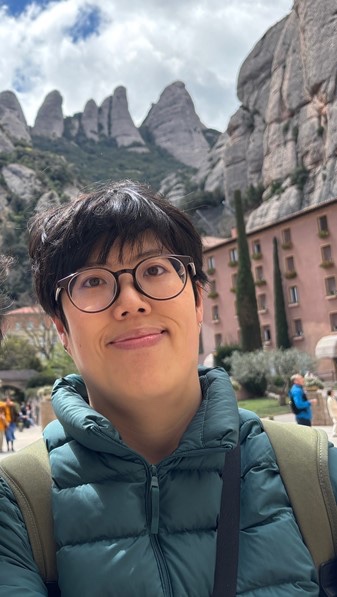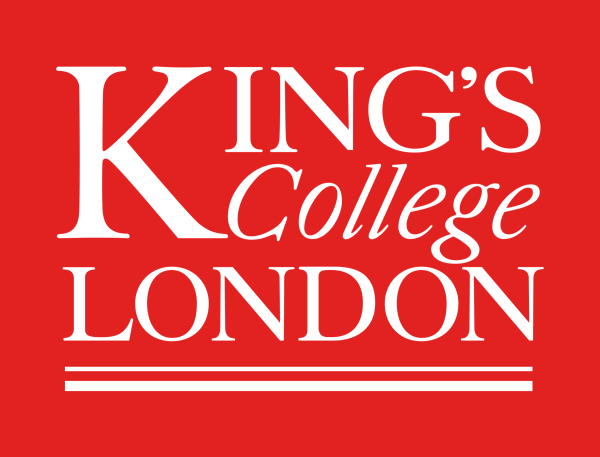

I start my day by rolling out of bed around 8am in a blur of denial after hitting the snooze button at least 10 times and questioning most of my life choices. I brew myself a cup of coffee using my trusty moka pot. Today's blend choice is Beanie from The Gentleman Baristas which I picked up from the branch at London Bridge near my Lavington Street office.
With caffeine in hand, I start by reviewing my to-do list - prepared the day before, when I was significantly more optimistic about my productivity. I aim to tackle the high-focus tasks first thing, while my energy and mental clarity are still intact (they do have a tendency to taper off as the day progress!). I also quickly check my emails to confirm there are no fires to put out - just a few slow-burning sparks I’ll return to later. Then I can dive into the main work of the day.
My first task of the day is drafting a multi-party, international collaboration agreement for a prosthetic limbs research project. This involves reading the full grant application, award letter, funder terms and conditions, and the REMAS ethics submission. Understanding the full context helps me draft appropriate IP, publication, and data sharing terms. While reviewing materials, I stumble upon a classic data protection question: Would images of residual limbs—without names or other identifiers - still count as personal data?
Next, I support a Principal Investigator (PI) in preparing a data sharing agreement with another university to enable one of their students to use our data for their dissertation. The dataset is labelled “anonymised,” but as always, it’s worth digging deeper. No names, but when the data combinations (say a 35-year-old Andorran woman from Orkney Island earning £1m and recently giving birth to twins via planned caesarean) means reidentification becomes possible. After some discussion with the PI and Research Governance Office, we agree to remove a few variables, and I proceed with an anonymised data sharing agreement.
After these two tasks, I take a short break and then join our Contracts Team’s weekly drop-in. It’s a safe space where anyone can attend and ask questions and the team come together to collectively navigate the weird and wonderful world of research contracts and to support one another with solutions. Today’s hot topic is OpenAI. One of our researchers wants to join the OpenAI Researcher Access Program, but some of the terms we are not sure whether we can comply. We’ve collectively agreed that it’s time that I try to speak to an actual human at OpenAI to ask for clarity.
Post-lunch, I squeeze in a walk around the neighbourhood to get my steps in and reset. The afternoon is usually a bit lighter, perfect for catching up on responding to earlier emails, including queries around costing advisory consultancy activities e.g. specific advice or review of a client’s products, evaluating strategy for a business, protocol review, sitting on advisory boards, etc where little or no institutional resources are used. I also spend time reviewing second or third drafts of contracts, finalising terms, sending them out for signature, and updating our contract management system, Worktribe - marking items as in progress, awaiting response, or completed. I round off the day brainstorming what is (and isn’t) acceptable in non-research studentship agreements.
No two days are exactly alike in this role, but they always involve a mix of contracts review, legal interpretation, researcher support and a healthy dose of academic curiosity.
